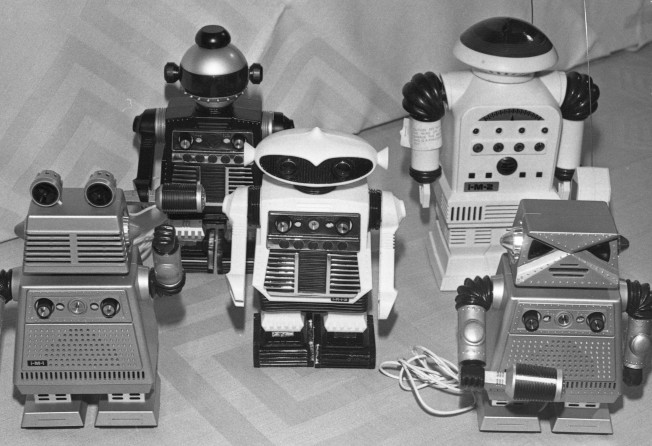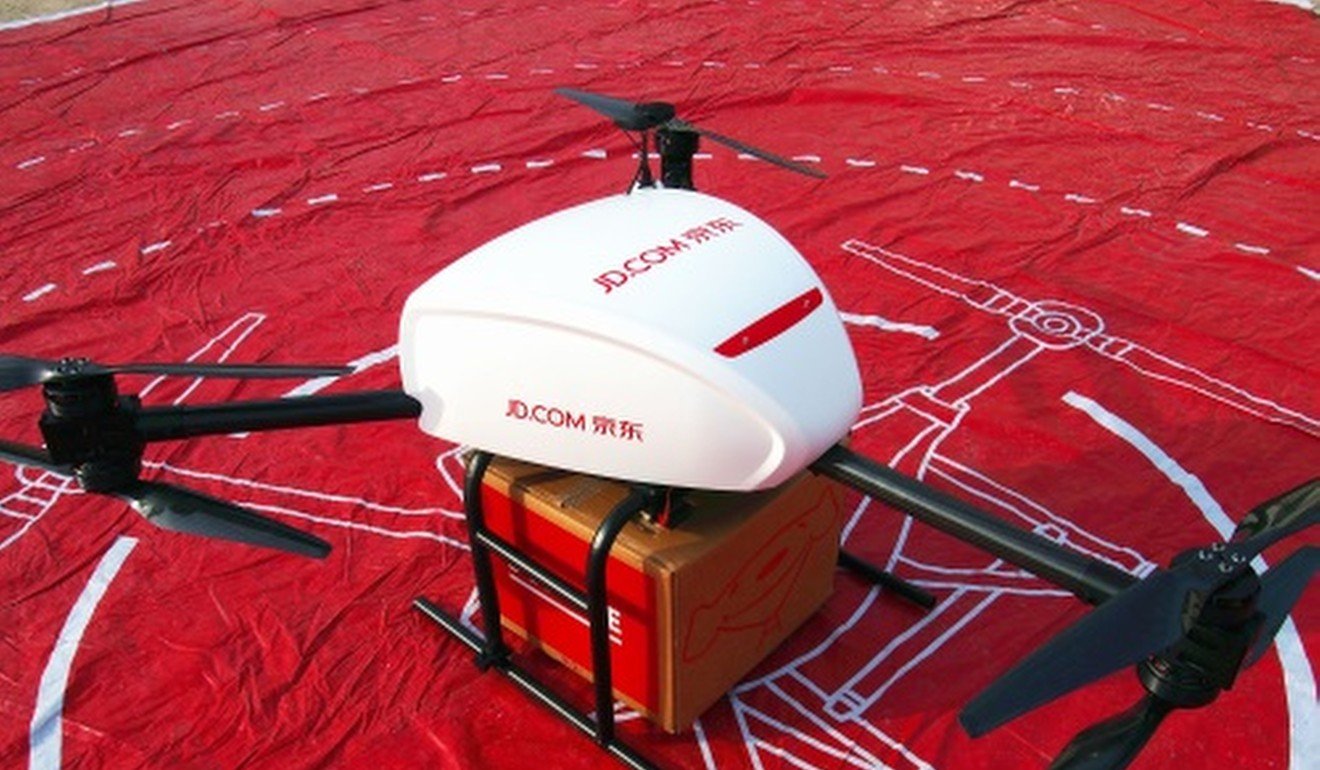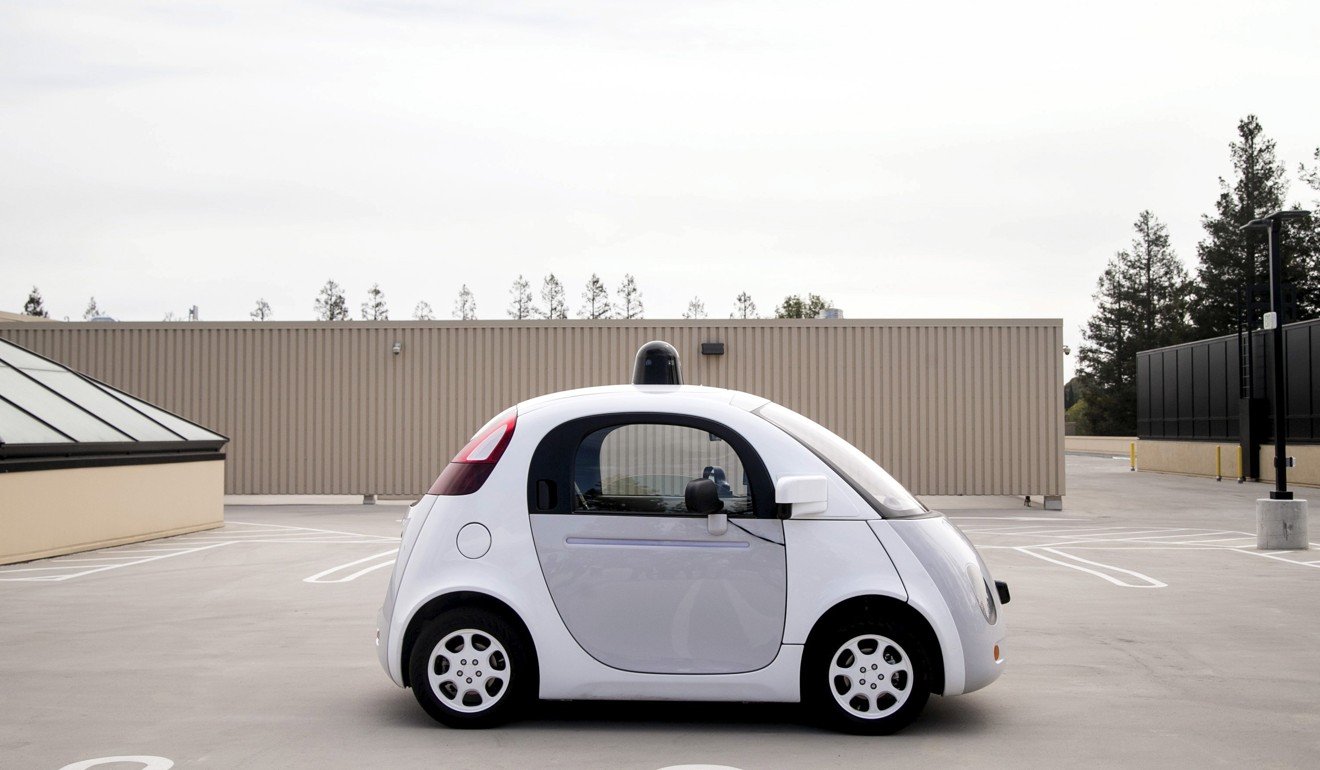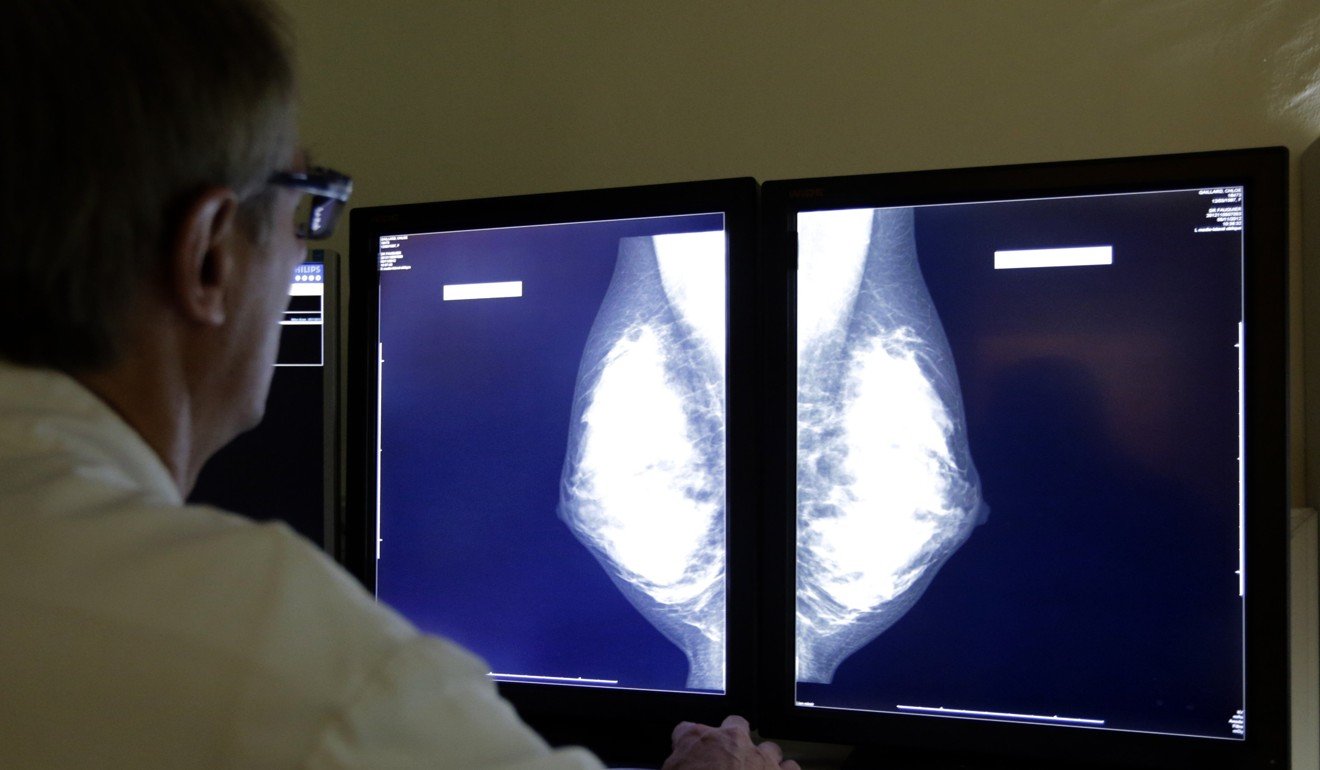The robots are coming: here are some jobs that won’t exist in 10 years
Radiologists and call centre operators are among those that could soon be replaced by artificial intelligence

Automation has already caused job losses in a number of industries, and computer scientists reckon there’s a lot more to come.
The World Economic Forum estimated last year that there would be more than 5.1 million jobs lost to machines between 2015 and 2020, assuming artificial intelligence (AI) development continues at its current rate.
Couriers have found themselves among the first in the firing line as delivery firms and online retailers increasingly turn to new technologies.
E-commerce giants Amazon and Alibaba have already started automating deliveries to shorten the time taken for small packages to reach their destination, while Beijing-based JD.com wants to deploy heavy-load drones to carry cargo weighing over a ton.
Robots have been a staple of the factory floor for decades now, their use increasing as they’ve become more sophisticated.

If your job requires carrying out repetitive tasks, the chances are it may be taken over by machines or algorithms in five to 10 years’ time.
Technology companies Google and Baidu have invested heavily in self-driving vehicles, which could leave millions of jobs in the dust.
“So there’s one highly imperfect rule of thumb I sometimes offer my team, which is that almost anything a typical human can do with less than one second of mental thought, we can probably now or in the near future automate using AI,” said Andrew Ng, a Stanford University adjunct professor who worked with Google and Baidu at a recent technology and start-up conference in Hong Kong.

Call centre operators are likely to be replaced too, because AI can handle more customers without the additional costs of recruiting more people, said Gerardo Salandra, founder of Rocketbots, a Hong Kong based company that specialises in developing AI-powered chatbot solutions.
Even the medical profession is not immune to automation because computer scientists believe AI is more accurate at tasks like images and speech recognition than humans. In fact, much of the research in AI focuses on face and voice recognition, communications and making predictions based on data, according to Qiang Yang, Hong Kong University of Science and Technology’s (HKUST) chair professor and head of computer science and engineering.

“If you have friends going through medical schools graduating with a degree in radiology, I think they have a perfectly fine five-year career as a radiologist,” said Ng.
In journalism, routine reporting that is data-heavy can be handled by automation. A number of media firms such as the Associated Press have already switched to computer programmes to cover certain subjects such as sports recaps and corporate earnings.
But AI is not about taking jobs away from humans, according to Salandra, who says that it’s more cost effective and more productive for companies to automate repetitive tasks, freeing up employees to focus on value-added services.
“Whatever industry you are working in, AI will probably transform it. Just as 100 years ago, electricity transformed industry after industry, everything from transportation and communication to manufacturing and health care,” said Ng. “Today we see a surprisingly clear path for AI to transform all of these industries.”